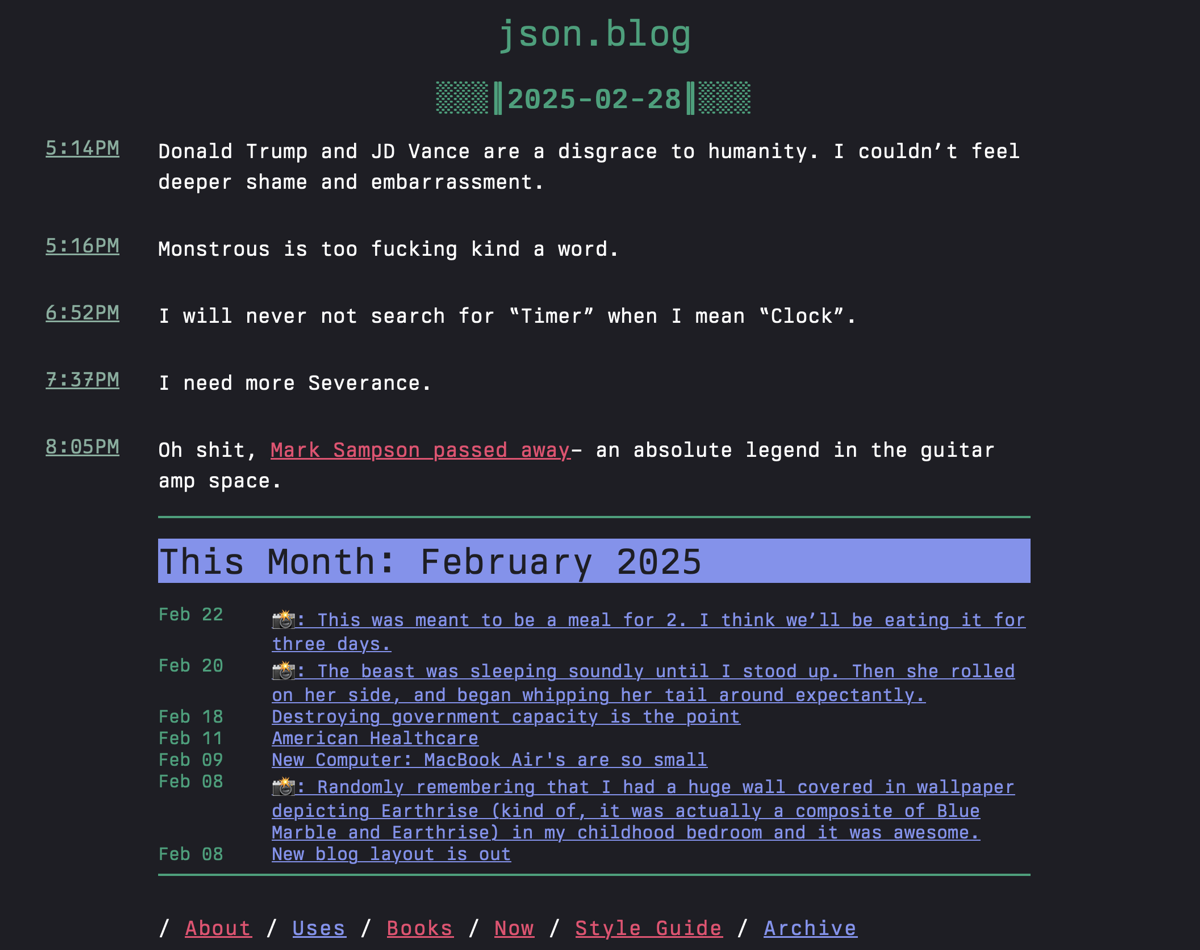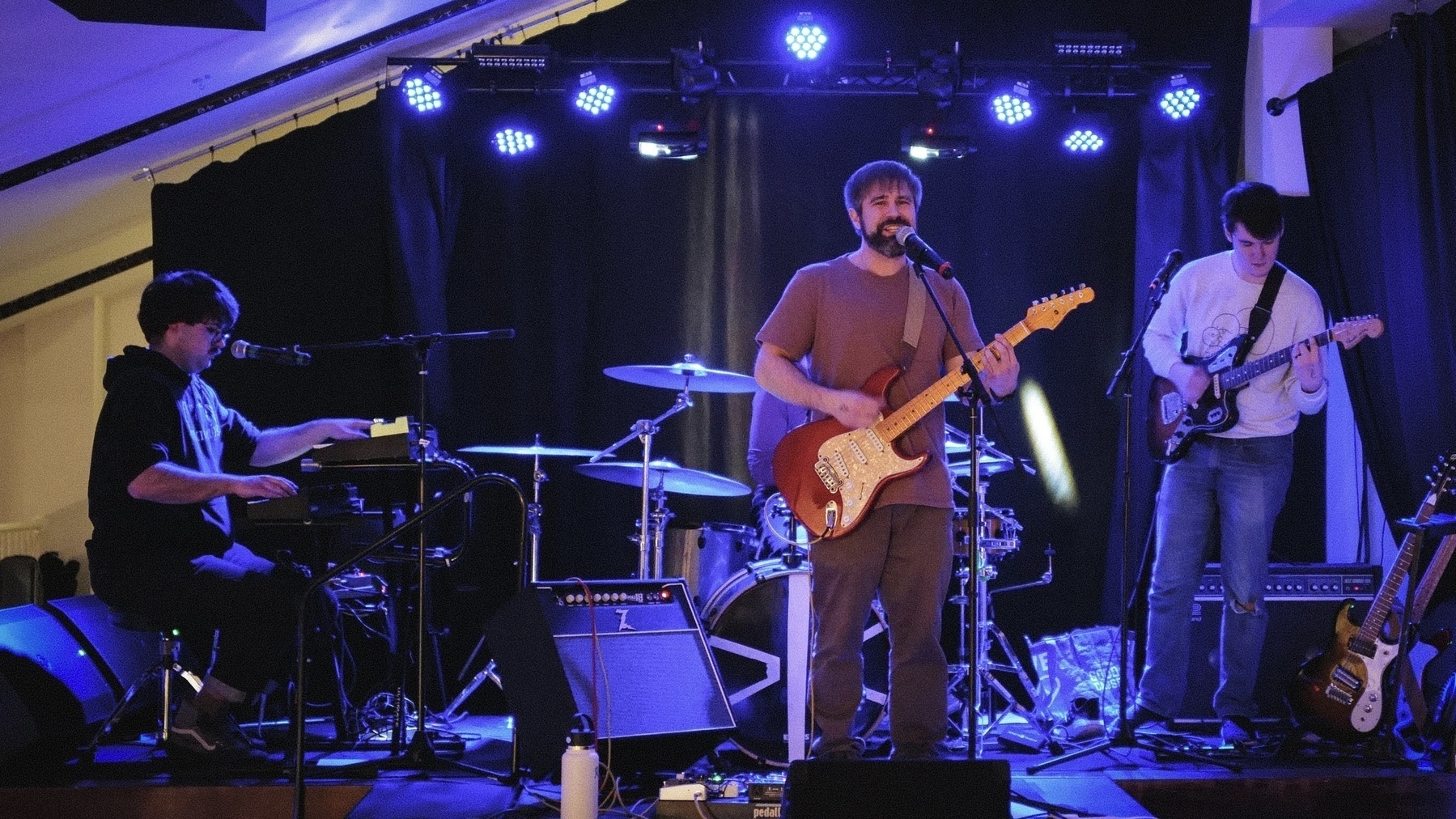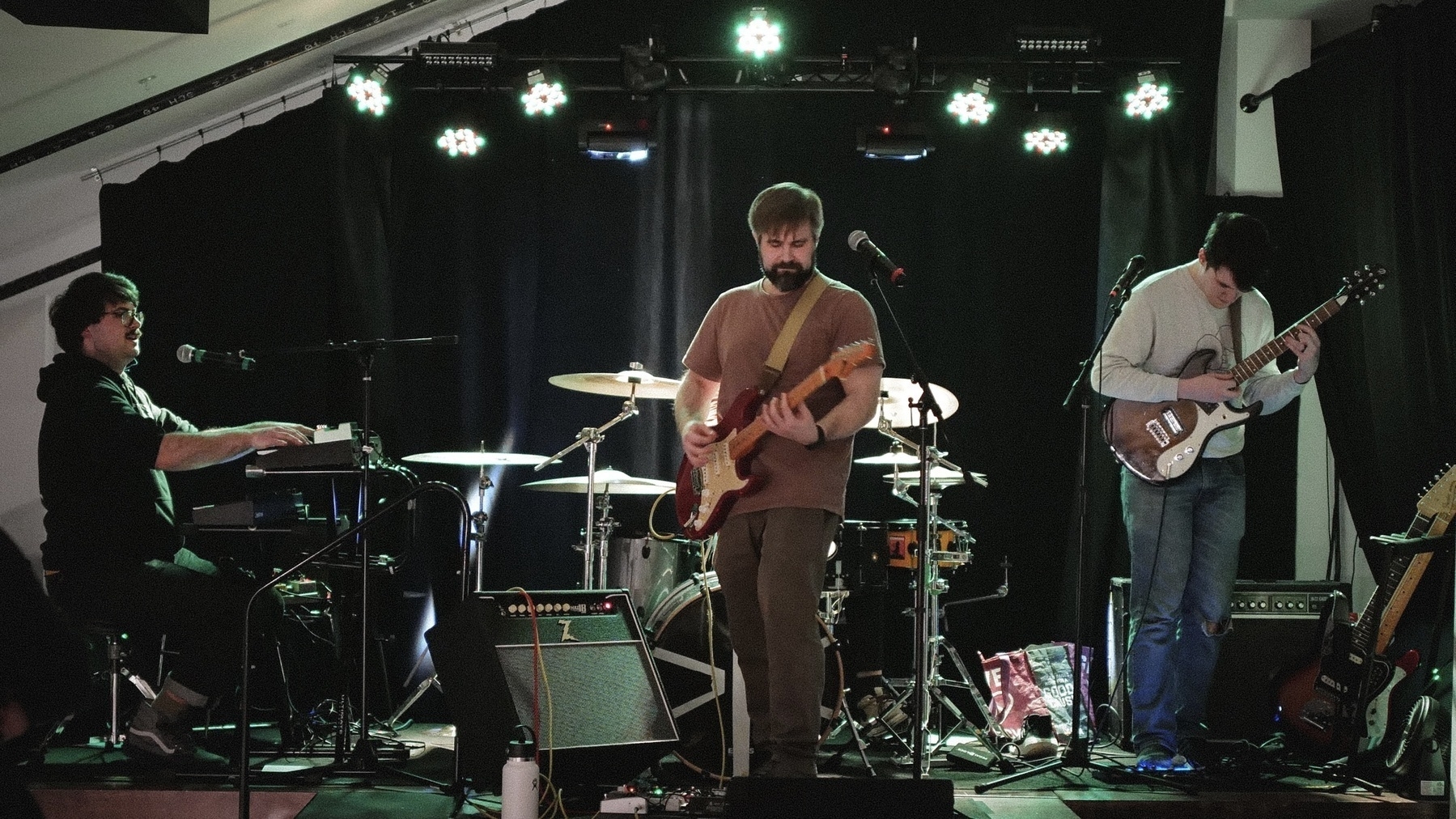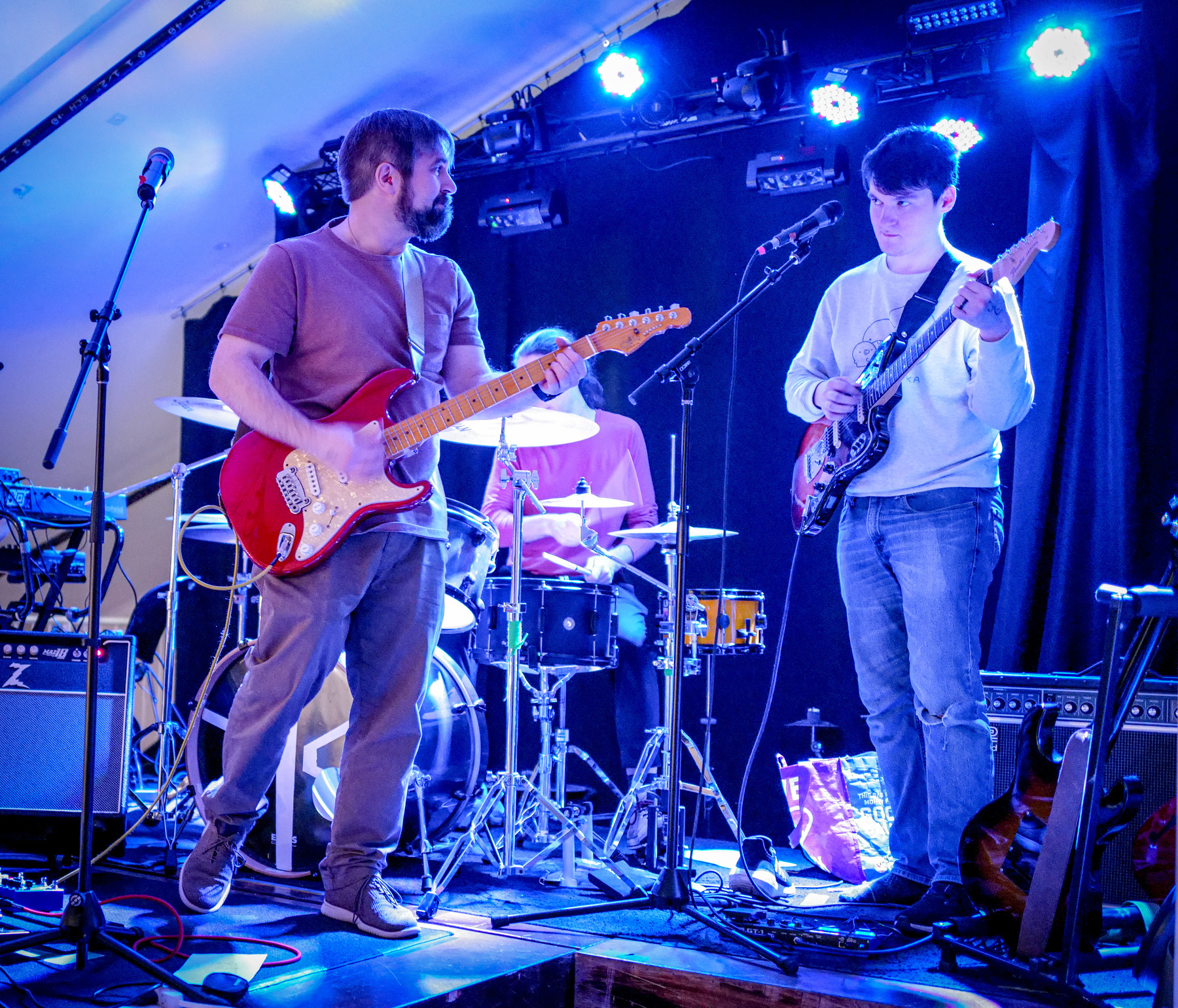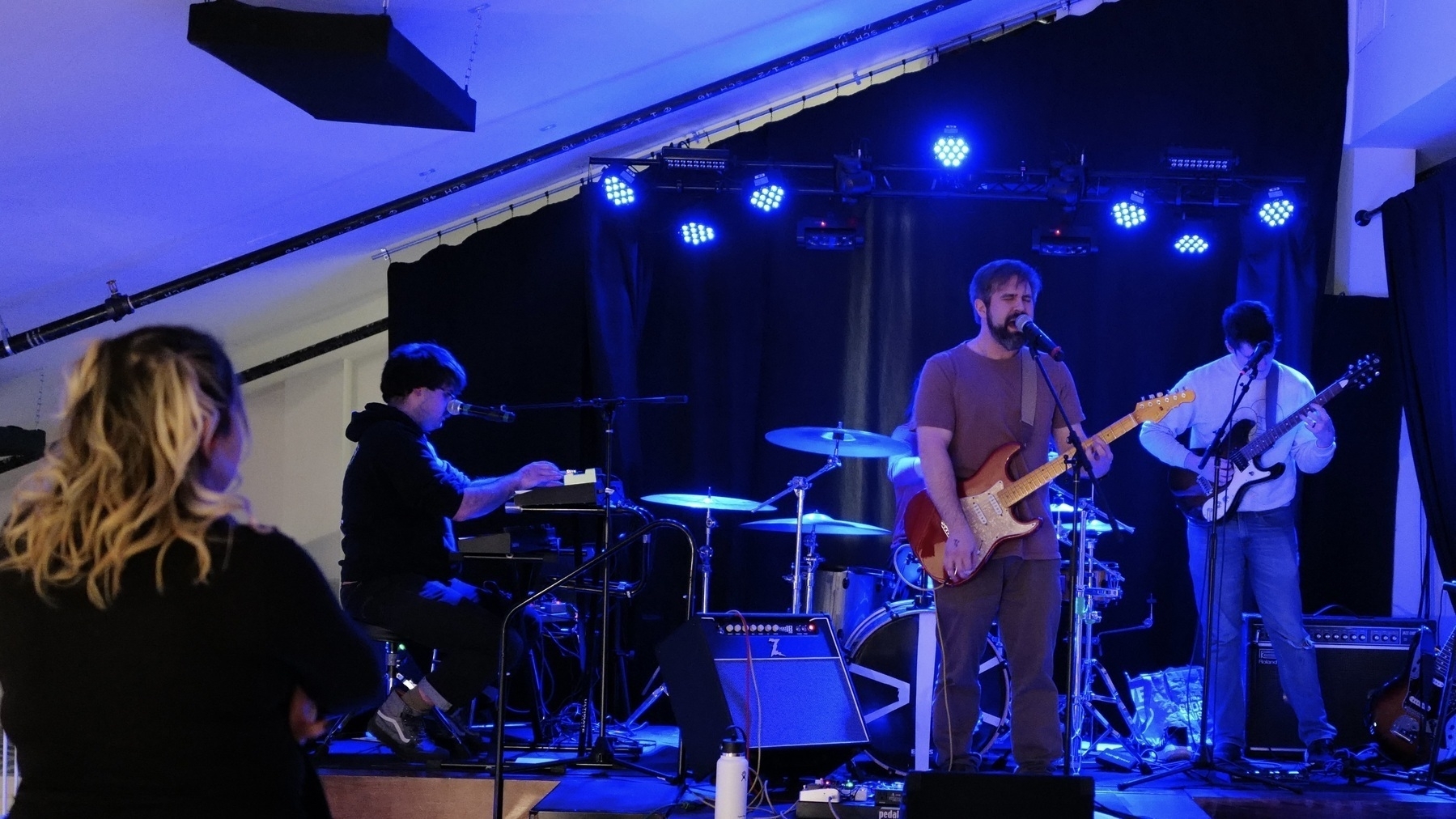My job is not generally to write code, but sometimes that’s the job. I wish I was better at it. I am so susceptible to the puzzles. I got an itch to deliver something I know is needed at 4pm yesterday. Thought I had it 95% licked by 5pm. But then it turns out the very last step has something devilishly complex.
It’s not an issue of understanding the data or what needs to be done. Instead, I’m in a complex area of code we all desperately know needs to be refactored. I now can choose to spend days in a fraught rewrite, abandon this effort for later, or spend hours making tiny tweaks to find the exact right incantation to pile on more technical debt but get it working.
The problem is I’m a dog with a bone. I thought about it most of the night. I will end up working on it at least a little this weekend. As a quick win, totally worth it. As an all encompassing energy suck— probably not.
Yesterday, after putting away my laundry, Elsa asked me “Did the stain come out?”
I replied, “What stain?” She sighed.
“Last weekend, when I wore your shirt, you were upset because I got some grease on it and you were worried the stain would it come out. Sometimes I wish I had your brain.” She knew I had completely forgotten about the stain and didn’t even check on it.
Then she saw my far off stare. She realized I was already thinking about something else. She said, “Wait, what’s wrong what are you thinking about?”
And I said, “This thing at work I was convinced I understood, but turns out that there’s something hard there I didn’t realize.”
She smiled and said, “I take it back. You can keep your brain.”
